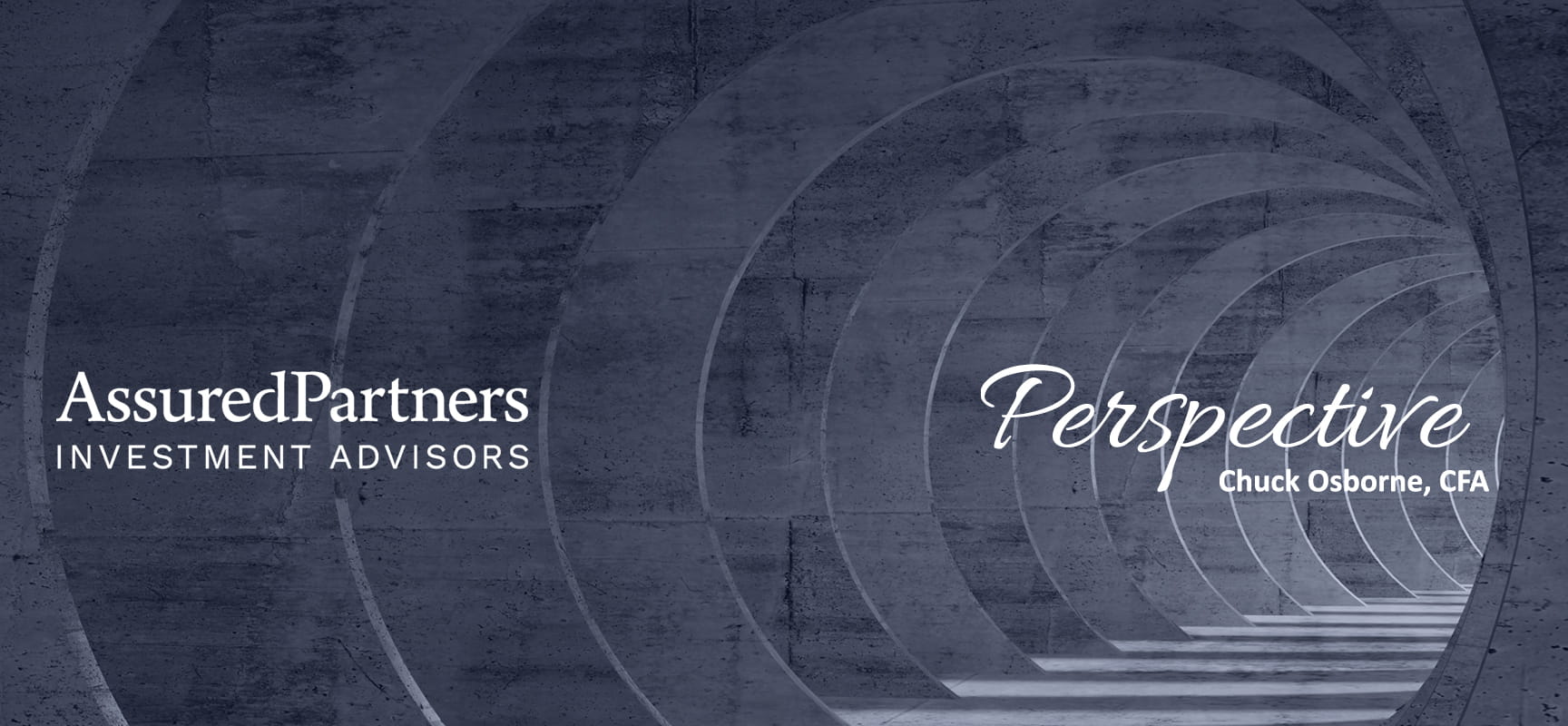
Mankind Was My Business - December Perspective
I get in trouble a lot. I don’t mean to, it just happens. I write and talk about economic issues because they impact daily life and the welfare of our clients. The “dealings of my trade” are to maximize the financial welfare of our clients. Maximizing economic growth is part of that equation, which means when I discuss economic policies I will point out when they actually hurt the economy, and that is what gets me in trouble. I get in trouble with Trump supporters when I point out that tariffs do far more damage than good, and I get in trouble with liberals when I point out that high levels of regulation are directly correlated to high levels of inequality. These economic realities run counter to their political preferences.
For a long time I struggled with how to respond in those situations, then one day when I was giving a talk to some clients in South Florida, someone rebuked me who did not like that I had just poked many holes in the Affordable Care Act. Without thinking I said, “There is more to life than economics. It is perfectly okay to argue that the economic sacrifice is worth it.” We all know this, and most of us practice it in our daily lives.
I coached youth basketball for years. That was an economic sacrifice, but the founding of One Atlanta Basketball and the young lives we influenced was rewarding in ways no amount of money could possibly replace. I also got to coach my own son and several of his teammates who now play together on their high school varsity team. When my daughter refused to play basketball but still insisted on her father coaching her team, I learned the game of soccer. More challenging, I learned how to coach girls. When I decided to hang the whistle up for good, my daughter understood but her teammates didn’t, and they shamed me into coaching one last season. Believe me, I know there is more to life than economics.
Nowhere is this more true than in international trade. Trade agreements are about a lot more than economics. I recall Trump’s first administration when he often disparaged existing trade agreements with China as being overly friendly to China. I will admit that I am no expert on the details of trade agreements with China, but Trump’s description seemed logical to me. Richard Nixon opened China to the West in 1972. We were in the midst of the Cold War; what better way to isolate the Soviet Union than to make the world’s largest communist country reliant on U.S. and European consumers for its welfare. One does not have to be an expert on the details to understand that there was more going on than just trade. It would be perfectly reasonable if the negotiators purposely made overly friendly agreements in an effort to make China more friendly to the West than they were to their fellow communist. It is also possible that Trump was correct and these agreements were just negotiated by really bad negotiators, but I prefer to give people the benefit of the doubt.
This leads to a question I keep pondering: Does Trump love tariffs because he lacks an understanding of economics, or because the lifelong negotiator understands the eminent leverage of the U.S. consumer? The United States remains the strongest economic force in our world. It is often said that when the U.S. economy sneezes, the rest of the world catches a cold. One needs to look no farther than the inflation we have seen over the last four years: It started here with an ill-advised spending spree and then spread to the rest of the world. Trump understands that access to U.S. markets is a powerful carrot, and therefore any limitation on that access, such as tariffs, becomes a powerful stick.
When Trump threatens Mexico and Canada with tariffs, he is negotiating. This time he is not even trying to hide it. This is important for investors to understand because like many negotiators, the talk is always more extreme than the reality. Markets tend to react to headlines, but good investors know that it is reality that matters. Pay more attention to what is actually done, than to what is said.
We will hear a lot about tariffs over the next four years. I suspect we will hear about more tariffs than we actually see. I could be mistaken; it wouldn’t be the first time. But it seems to me that when Trump speaks of tariffs, fair trade is but a drop of water in the comprehensive ocean of geo-political negotiation. At least that is my perspective.

Related articles

The Missing Ingredient “Security Analysis” by Benjamin Graham and David Dodd was published in 1934. It is the bible of investment management and, one could argue, of the entire field of what we...

Good Judgment My wife and I went to Scotland for our honeymoon. One evening in a pub in Edinburgh, we noticed a plaque on the wall beside our table with a quote I will never forget: “Good judgment...

Keep Calm and Carry On The past week has been traumatic, and it may not be done yet. Times like this are always frightening, and this one in particular is frustrating because this is a...